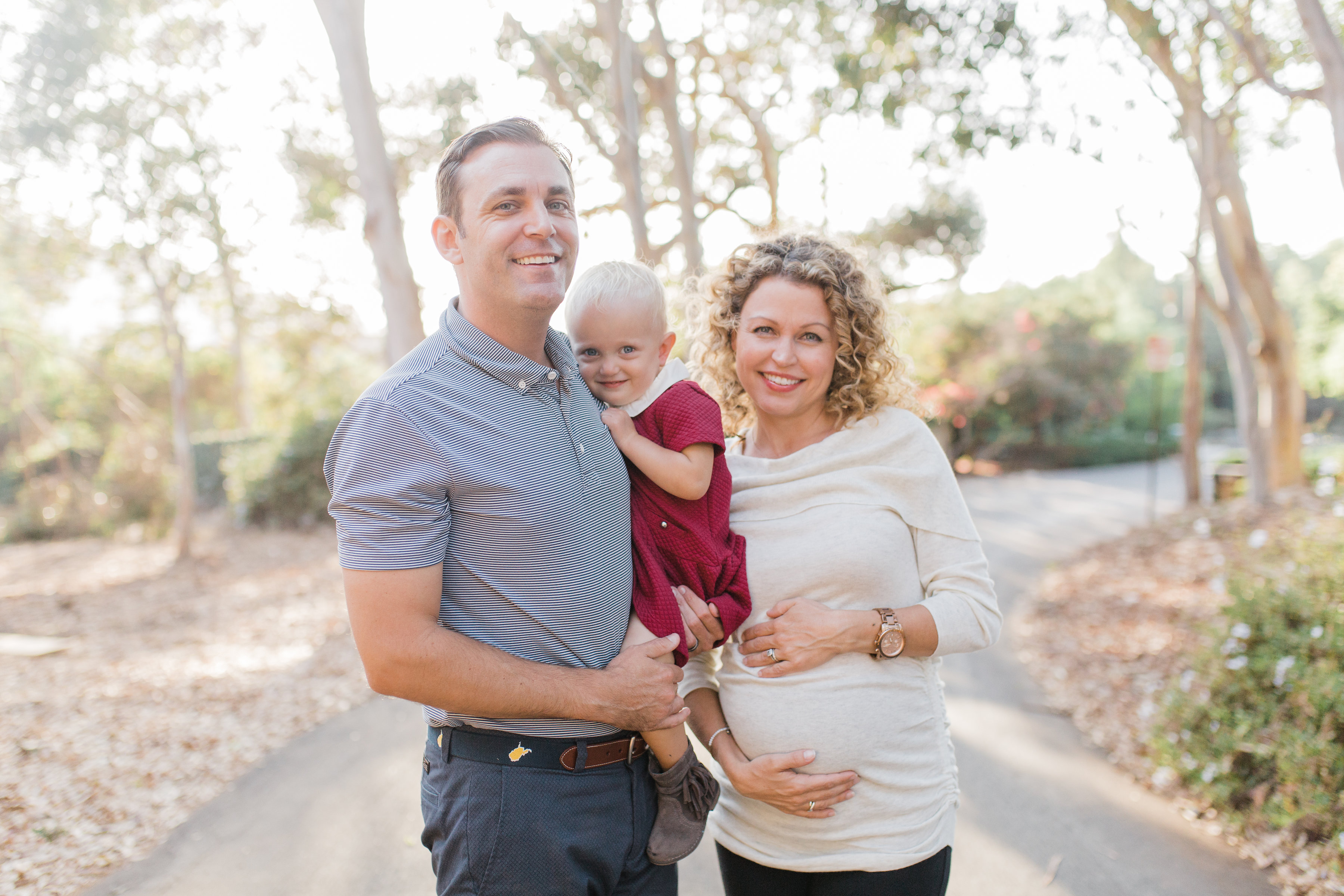When my second child was born in 2018 my husband was back at work within a few days.
He had accepted a new position only a few months earlier that required long hours and a lot more responsibility. As the manager of a new team of employees, his presence in the office was important. And like most new dads in the United States, he didn’t have the option of taking paternity leave.
As a result, very soon after a difficult c-section recovery that resulted in me needing 4 blood transfusions and a whole lot of stress, I was back home taking care of an active 2 year-old-toddler and a new baby boy. Alone most of the time, and unfortunately without any family around to help out.
Many new mothers in the United States are by themselves within a day or two after birth
In the fuzzy days after a new baby’s arrival, many women struggle with a lack of support in the home. This happens at the exact same time they are struggling with both extreme sleep deprivation and the physical recovery of childbirth.
Not to mention, many parents have additional children who need more attention than ever. This leaves new moms exposed and vulnerable to illness, both physically and mentally.
It is well known that the US is only one of four countries in the world, and the only developed country, that doesn’t offer maternity leave. It, therefore, isn’t shocking to hear that paternity leave is way out of the question for most new parents.
Not only are women dealing with the overwhelming events that come with new motherhood: sleep deprivation, round-the-clock feedings, and constant caregiving – but many moms, like myself, end up going back to work before they are ready because they are out of work for so long without pay.
When I did go back to work I was a zombie. A happy, grateful zombie. But nonetheless, a sleep-deprived, worn-out zombie.
(I consider myself lucky that I could afford to stay home with our son for as long as I did. As a per diem nurse I don’t receive any benefits at all, including paid time off before or after childbirth).
Arguments for paternity leave and how it may actually improve mom’s health
In 2012, Sweden passed a law that allows fathers to take up to 30 days off in the year after birth, while mom is still on maternity leave.
Researchers at Stanford studied the effects of this law and found that there was a 26 percent decrease in anti-anxiety prescriptions compared with moms who gave birth right before the law was passed.
In addition, there was an 11 percent decrease in antibiotic prescriptions and a 14 percent reduction in hospitalizations and visits by these mothers to the doctor’s office.
The research found that paternity leave actually improved moms’ health. In addition, it even showed that by having dad at home for even a few days to a week after childbirth there were significant postpartum benefits for mothers.
Additional benefits to fathers taking time off for birth
Aside from this study, there are several other strong arguments for taking paternity leave.
In fact, evidence is showing that dads who are able to take an early hands-on role in their babies’ lives are even more likely to be more involved in their lives for many years to come. It seems that when dads get an early opportunity to bond and connect on a deeper level kids reap the benefits of paternal connection in the very early years.
Many new dads find themselves in a paternity-leave pickle
Healthwise, the benefits of paternity leave makes sense for the whole family. But what if dad is afraid of taking paternity leave due to fear of negative judgment or missing out on a potential promotion?
Unfortunately, many new dads feel there is a stigma attached to the idea actually taking time off with a new baby. In fact, I know a dad whose company offered 4 weeks of paternity leave but didn’t take it because he felt “guilty” for missing work.
More attention needs to be given to new mothers after coming home from the hospital
Even a short paternity leave could be a helpful solution to the isolation many new moms feel postpartum. After leaving the hospital, there is little attention focused on the day or two later when mom gets back home and into the new realities of motherhood.
Healthcare in America is astronomically expensive compared to, pretty much the rest of the world.
It would be interesting to see what amazing things might happen if all new dads took 30 days of paternity leave to spend at home with their families to bond. Would it make a dent in the money we spend on postpartum healthcare for mothers?
Sweden’s experience seems to suggest it would.
What do you think paternity leave would do for your family? Do you have an argument for or against paternity leave?






